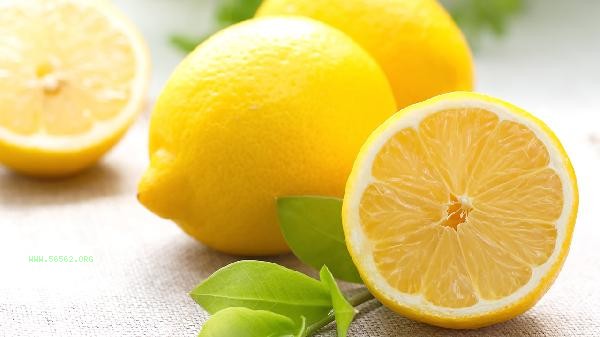Yellow lemon and green lemon each have their own advantages, and the specific choice depends on the purpose and personal needs. Yellow lemon is more suitable for direct consumption or making desserts, while green lemon is more suitable for seasoning or adjusting drinks.

Yellow lemon has plump flesh and rich juice, with a moderate sour sweet ratio. It contains a lot of sugar and vitamin C, making it suitable for fresh consumption or pairing with honey to make drinks. After maturity, yellow lemon has a thin skin and a soft aroma, with a high content of pectin. It is often used for baking or making jam. Green lemon has a more prominent acidity and a unique fragrance, with dense oil glands on the skin. It is suitable for slicing and pairing with seafood to remove fishy odors or mixing cocktails. Immature green lemon contains more citric acid and aromatic substances, and is a commonly used seasoning ingredient in Southeast Asian cuisine. From a storage perspective, yellow lemons need to be consumed as soon as possible due to their high maturity and are prone to spoilage at room temperature. Green lemon has a hard texture and is resistant to storage. It can be kept fresh for a long time when refrigerated. The nutritional differences between the two are not significant, but yellow lemon has slightly higher carotenoid content, while green lemon has richer organic acids and volatile oil components. Special people should pay attention to that the intake of green lemon should be controlled for those with excessive stomach acid, and the consumption of yellow lemon for diabetes patients should be moderate.

Daily use can be flexibly selected according to cooking needs. It is recommended to use two types of lemons together to obtain a richer flavor level. Avoid direct sunlight during storage and consume as soon as possible after cutting to ensure freshness. Individuals with sensitive constitutions can dilute lemon water appropriately to avoid excessive intake of acidic substances on an empty stomach that may irritate the gastrointestinal mucosa.










Comments (0)
Leave a Comment
No comments yet
Be the first to share your thoughts!